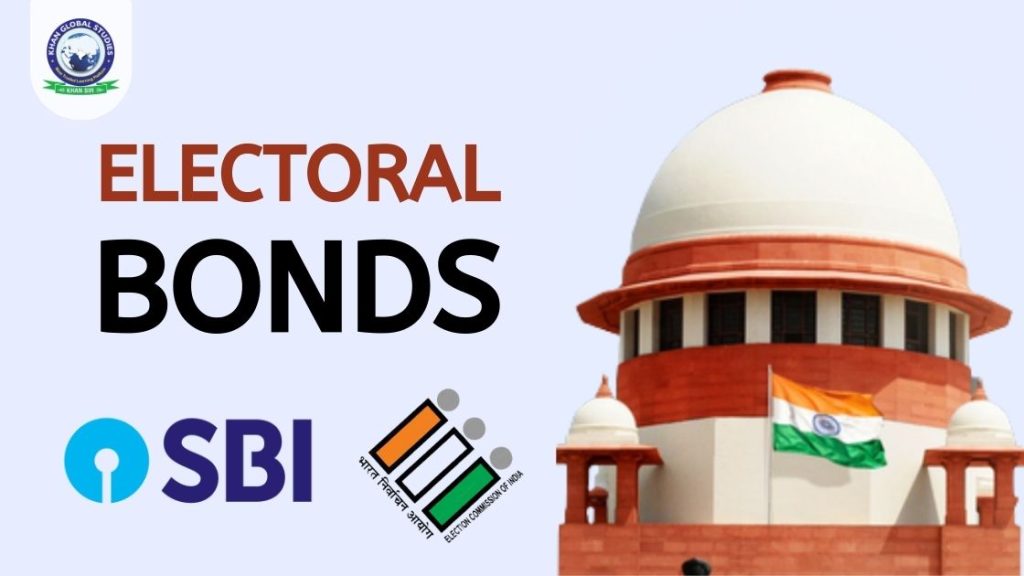Electoral bonds, introduced in India in 2017, aimed to cleanse the system of political funding by offering an anonymous mode of donation. However, since their inception, they have been entangled in controversies, raising concerns about transparency and potential misuse.
Electoral Bonds: A System Under Scrutiny
Introduced in 2017, Electoral Bonds were bearer instruments purchased anonymously from the State Bank of India and redeemable by political parties within 15 days. Though intended to curb black money in political funding, the anonymity fueled controversy, raising questions about the influence of hidden donors and the potential for laundering illegal funds.
What is the Electoral Bonds Scheme?
The Electoral Bonds scheme aimed to introduce anonymity into political funding in India. These bearer instruments, akin to promissory notes, could be purchased anonymously from specified State Bank of India branches and redeemed by political parties within 15 days. While proponents argued this would curb black money in political funding and shield donors from intimidation, the lack of transparency surrounding the source of funds sparked significant controversy.
The Controversy
- Critics argue that anonymity fosters opacity, making it impossible to track the source of funds and identify potential conflicts of interest.
- Lack of transparency raises concerns about the influence of corporate donors and special interest groups on political parties.
- The possibility of misuse through shell companies or laundering illegal funds remains a concern.
Recent Developments
- In February 2023, the Supreme Court struck down the electoral bonds scheme, deeming it violative of the right to information and raising concerns about its impact on electoral democracy.
- The government is currently exploring legal options to challenge the verdict or introduce an alternative scheme addressing the court’s concerns.
Arguments for Transparency and Against Anonymity
Opponents of the scheme raised concerns about the potential for misuse and lack of accountability. With anonymity clouding the identity of donors, the influence of corporate entities and special interest groups became a major concern. Additionally, it was argued that anonymity could facilitate money laundering and the use of illegal funds in political campaigns.
The Supreme Court’s Verdict and its Implications
The Supreme Court, upholding the right to information and stressing the need for transparency in electoral processes, deemed the Electoral Bonds scheme unconstitutional. This landmark decision invalidated the scheme and raised critical questions about finding alternative solutions for political funding that balance anonymity with transparency and accountability.
Moving Forward
Challenges and Possibilities:
As India grapples with the implications of the Supreme Court’s verdict, the challenge lies in finding a new system for political funding that adheres to principles of transparency and electoral democracy. While anonymity for individual donors might be considered, ensuring adequate disclosure of funding sources from corporations and other entities remains crucial. The future of political funding in India hinges on striking this delicate balance between confidentiality and public scrutiny.
Reimagining Political Funding:
The future of political funding in India hinges on finding a solution that addresses the concerns raised by the Supreme Court. While protecting individual donors’ anonymity might be considered, ensuring clear disclosure of funding sources from corporations and other entities remains crucial. Striking this delicate balance will require careful consideration and open dialogue.
Electoral Bond Details
The court also directed SBI to submit to the Election Commission the details of political parties that have received contributions through electoral bonds since the interim order dated April 12, 2019, till date. The court said that the details should include the date of purchase of each electoral bond, the name of the person purchasing the bond and the value of the electoral bond purchased.
The court said SBI should disclose the details of each electoral bond encashed by political parties which will include the date of engagement and the value of the electoral bond. “SBI is required to submit the above information to the ECI within three weeks from the date of this judgment, i.e., by March 6, 2024,” the court said.
The court asked the ECI to publish the information shared by SBI on its official website within a week of receiving the information, i.e. by March 13, 2024.



